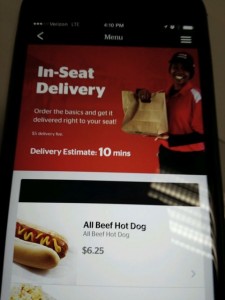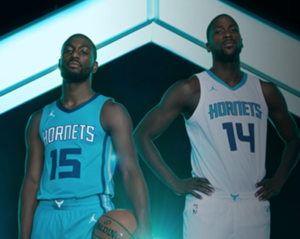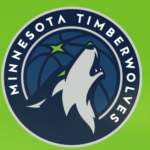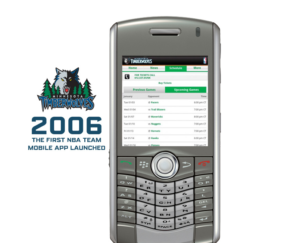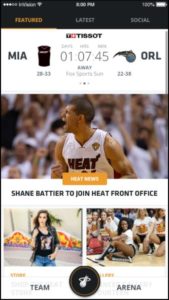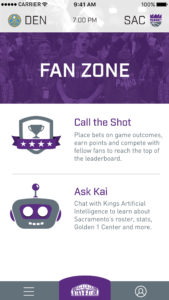We finally have an official statement from the San Francisco 49ers talking about the team’s decision this season to eliminate in-seat food delivery for the entire stadium and instead offer the service only to those holding club-level seats, news reported first by Mobile Sports Report.
A statement provided to us from Al Guido, president of the Niners, says:
Levi’s Stadium was the first stadium of its size to offer in-seat food and beverage delivery throughout the building, a service no other venue has attempted to date. After conducting a comprehensive offseason review, including analysis of the sections where people took the greatest advantage of the offering and surveys on what matters most to fans sitting in different areas of the venue, we are focusing our in-seat food and beverage ordering service exclusively to non-inclusive Club seating sections for the current season. This change is being done to improve the overall concession service in the venue while allowing us to continue to enhance how this feature can best benefit our fans.
According to the Niners, “non-inclusive” means all club seats where fans don’t have access to the everything-paid-for clubs like the BNY Mellon Clubs on either side of the lower 50-yard-line seats. So to have access to the app-based ordering and delivery, you need to be in a club seat somewhere in the 100 or 200 levels of the stadiums, without a paid-for food and drink plan. The Niners did not provide any numbers about how many or what percentage of Levi’s Stadium fans would continue to have the ability to order concession deliveries.
Also discontinued is the Levi’s Stadium express pickup option, a service the team said was actually stopped last season. The express pickup option allowed fans to order and pay for food and drink ahead of time, and then pick it up at a nearby stand. The Niners also said they are discontinuing the ability for fans to order merchandise and have it delivered to their seats, an option that debuted back in 2014.
